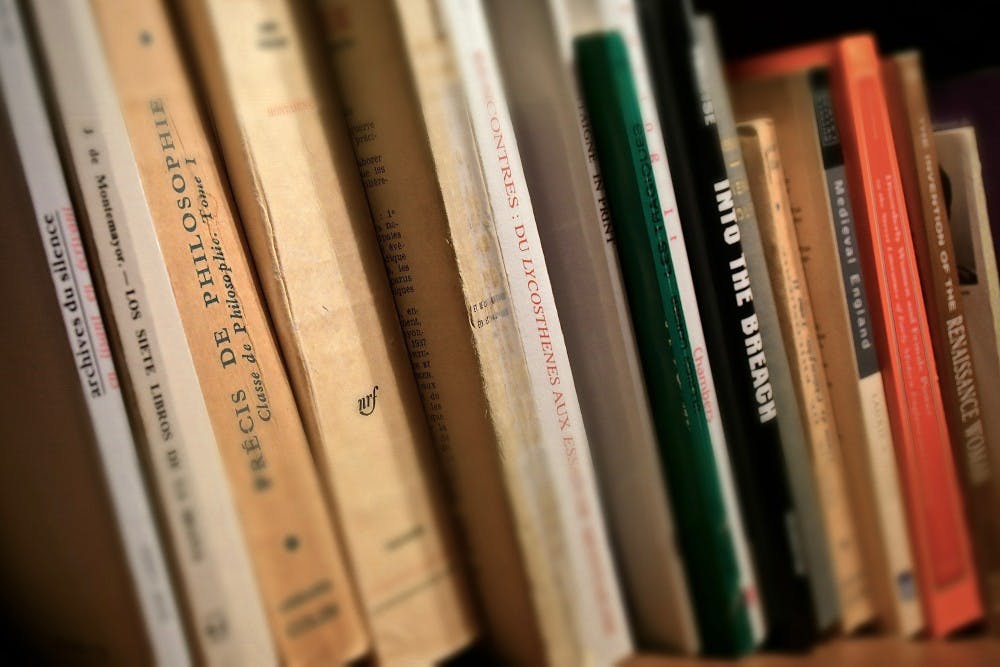Many of us here may not make the time to journal. As hardworking students who “got into Princeton,” the idea of leaving time and effort to write down a journal entry every night might sound absurd. When there is a paper due at 8 a.m. the next morning, being told to reflect upon your deepest fears is just not going to have much appeal. But after the past few months of keeping a journal, I’ve learned that those 20 minutes of writing can teach you more about yourself than any assignment ever could.
My journey to journaling was an unconventional one. Despite my English-major mother’s persistent attempts to raise a romantic son, my reading interests have always been geared towards The New York Times over The New Yorker, TechCrunch over Poetry. And indeed, TechCrunch was where I read about a journaling app called Stoic.
I decided to try it out, admittedly, to feel more “hip.” I started out by writing down surface-level thoughts about myself, simply following my stream of consciousness. But as a surprise to myself, it progressed to a sense of deeper introspection — and regardless of the format in which I wrote, the whole process has been incredibly positive for me.
Journaling is cathartic. We all face the struggles of academic workload and social pressure, which build up on top of our own personal battles. We confront everything from fears of what’s to come to pressing financial concerns. In everyday social contexts, we inevitably repress these feelings; sometimes we can’t communicate all of these thoughts even to our closest friends.
But in your journal, you can fully express yourself — whether it be socially taboo, grammatically incoherent, or just “too much,” it doesn’t matter. You can just be you.
In addition to being a good way to release yourself, journaling helps to organize chaotic chains of thoughts. When I feel overwhelmed, I list the seemingly endless list of concerns in my journal. Just seeing that list helps me feel much more in control of my own life — it also helps me notice any common factors or root causes of the fears that I face.
This visualization approach helps me think of tangible changes I can make to resolve my personal issues. Recently, that common thread has been my tendency to be overly risk-averse in my own life. I am now working to become more adventurous and try out new things without fear of failure.
The best part about journaling, though, is that there really is no one to judge you. You won’t be carrying your journal out in public, and people won’t and shouldn’t ask to read your most personal pieces of writing. There’s no format for a “good journal entry,” and it really doesn’t “take a certain kind of person” to keep a journal.

You can just be honest about everything you feel, think, or have opinions on — whether that be your struggles, your happiness, your sadness, your identity, whatever. Plus, it’s just entertaining to later read and reflect back on what you were thinking of two or three months ago.
So, give journaling a try. It really doesn’t matter what medium it’s in — some people prefer physical writing, whereas I type on my “hip” journaling app. What matters is that you be fully honest with yourself.
Jae-Kyung Sim is a sophomore from Sejong City, South Korea. He can be reached at j.sim@princeton.edu.









